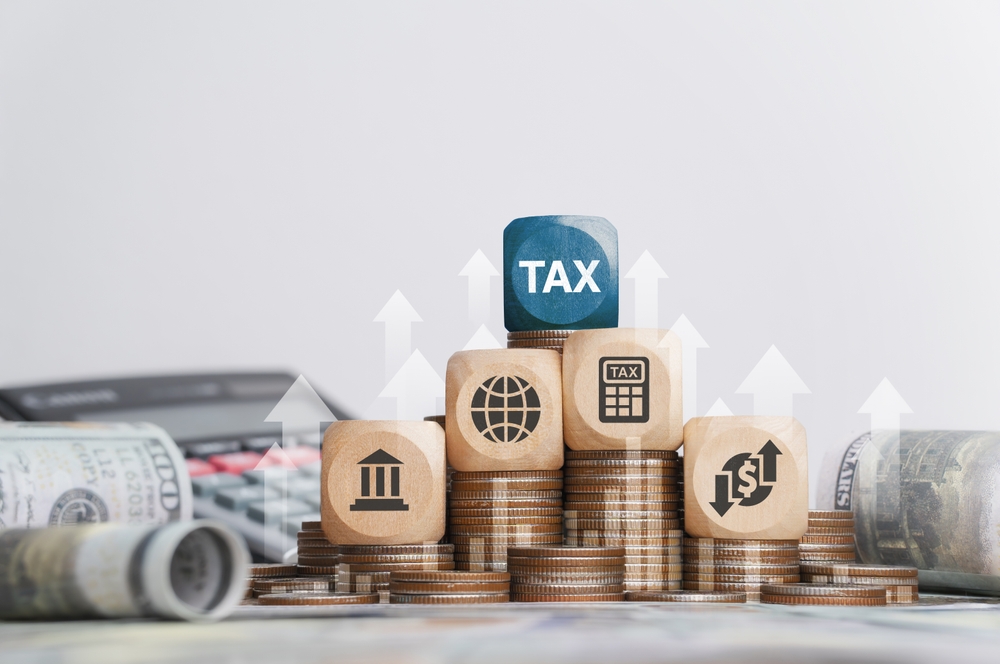As a self-employed individual, tax planning should be a year-round endeavor, but if you haven’t started thinking about the next tax season yet, now is the perfect time to put your income tax minimization strategies in place. By being proactive, you can take advantage of opportunities to reduce your taxable income, lower your tax bill, and maximize your retirement savings.
One of the most powerful tools available to the self-employed for tax savings is the Simplified Employee Pension (SEP) IRA. It’s not only a great way to save for retirement, but it also offers significant tax benefits. Here’s why you should start planning for it now.
What is an SEP IRA?
A SEP IRA is a retirement account designed specifically for self-employed individuals and small business owners. It allows you to contribute a significant portion of your income toward retirement while providing a substantial tax deduction.
- Contribution Limits: You can contribute up to 25% of your net earnings from self-employment, or a maximum of $69,000 for the 2024 tax year (adjusted annually for inflation).
- Tax Deductibility: Contributions to a SEP IRA are deductible from your taxable income, which can help lower your overall tax liability. For a self-employed person, this can translate into thousands of dollars in tax savings.
Timing is Everything: Planning for the Next Tax Season
One of the benefits of an SEP IRA is that you have plenty of time to fund the account. You don’t need to make contributions until your extended tax filing deadline—typically October 15 of the following year. This means you’ll have until September or October 2025, based upon how you file, to make contributions for the 2024 tax year. However, just because you have more time doesn’t mean you should wait to start planning.
Why Start Planning Now?
While it’s true that you have until your extended tax filing deadline to make contributions, the earlier you start planning for your SEP IRA, the more flexibility you’ll have. Here are some reasons why early preparation is crucial:
- Cash Flow Management: Large SEP IRA contributions can strain your cash flow if you wait until the last minute. By starting now, you can gradually set aside funds, ensuring that you don’t run into financial difficulties when it’s time to contribute.
- Tax Projections: Early tax planning allows you to project your income for 2024 and determine how much you can contribute to your SEP IRA. This foresight helps you understand the potential tax savings and can influence other financial decisions throughout the year.
- Maximizing Contributions: The sooner you start saving for your SEP IRA, the more likely you are to contribute the maximum amount by the deadline. Waiting until the last minute may lead to underfunding your retirement account, leaving tax savings on the table.
- Retirement Growth: The earlier you contribute to your SEP IRA, the more time your investments have to grow tax-deferred. Early contributions can potentially lead to more significant gains over time, helping you build a larger nest egg for retirement.
Additional Income Tax Minimization Strategies
In addition to the SEP IRA, there are other strategies you should consider to minimize your taxable income for 2024:
- Defer Income: If possible, consider deferring some income until the following year if you expect to be in a lower tax bracket or if tax rates are expected to change.
- Accelerate Deductions: Look for opportunities to accelerate business expenses before the end of the year, such as purchasing equipment or prepaying for services. This can reduce your taxable income for 2024.
- Health Savings Accounts (HSAs): If you have a high-deductible health plan, contributing to an HSA can provide an additional tax deduction and allow your money to grow tax-free for qualified medical expenses.
Take Action Today
The next tax season may seem far away, but smart tax planning starts now. By putting your income tax minimization strategies in place early, you can take full advantage of deductions, avoid cash flow crunches, and set yourself up for a more secure financial future. You’ll thank yourself when tax season arrives.


